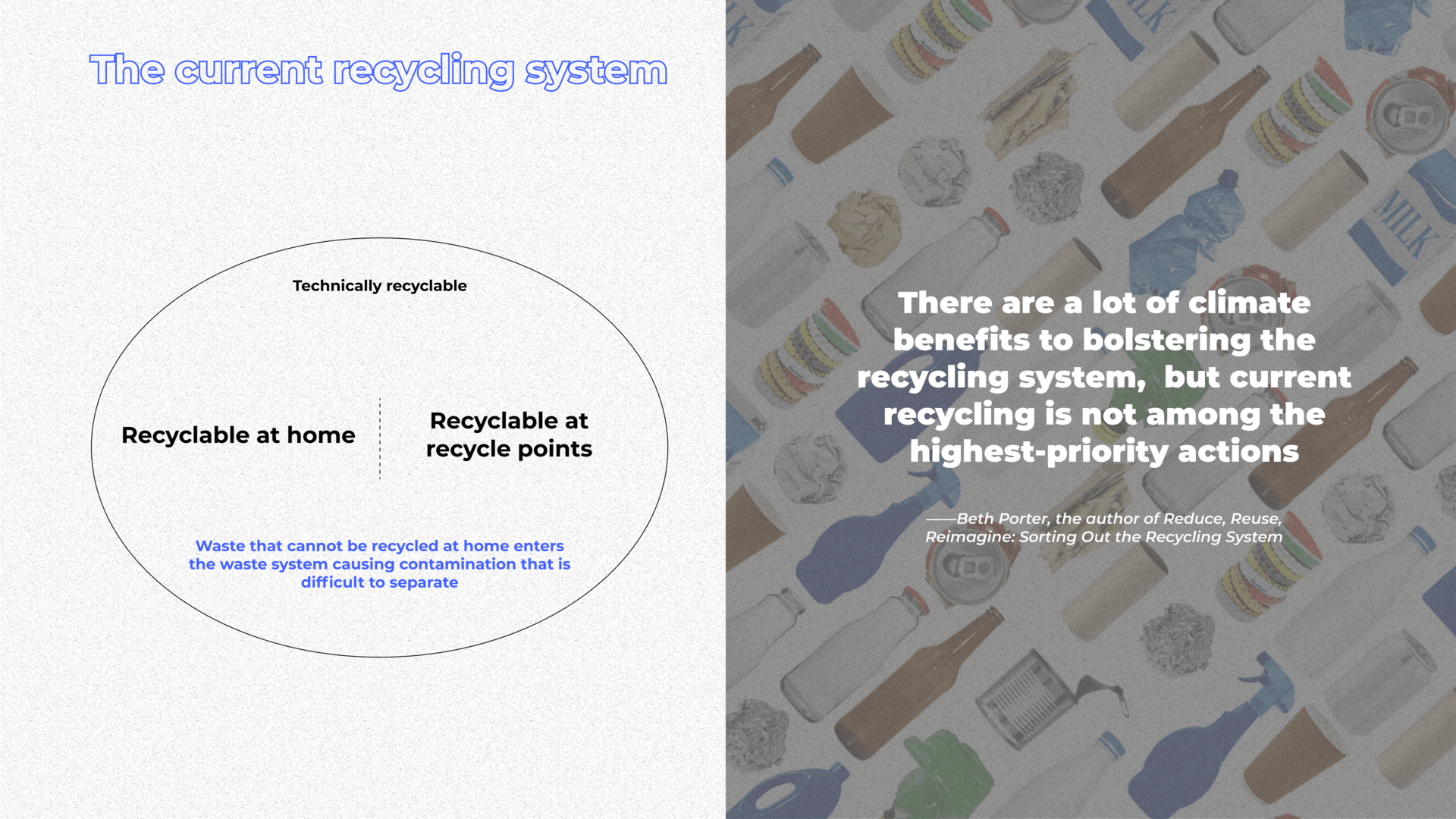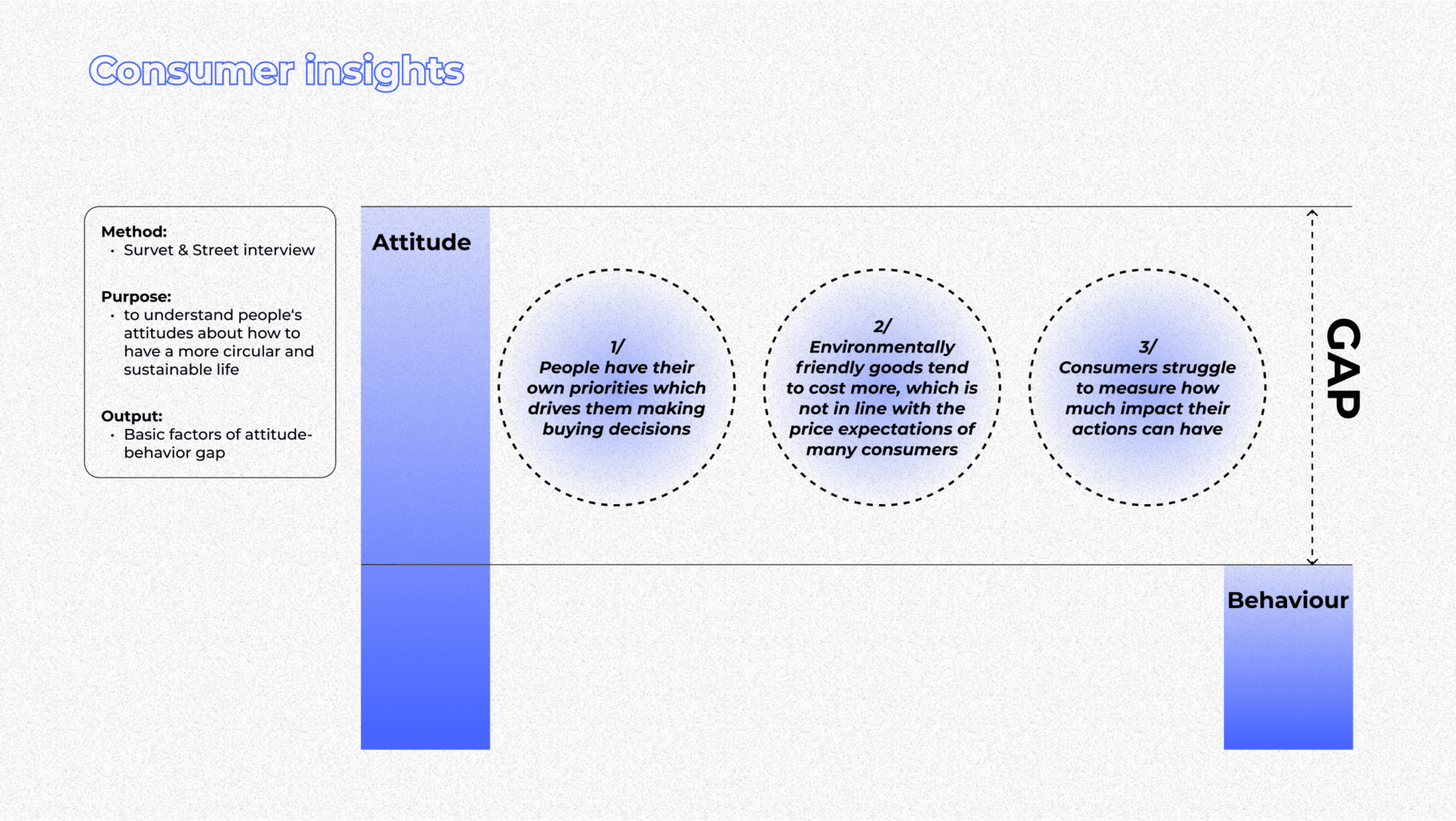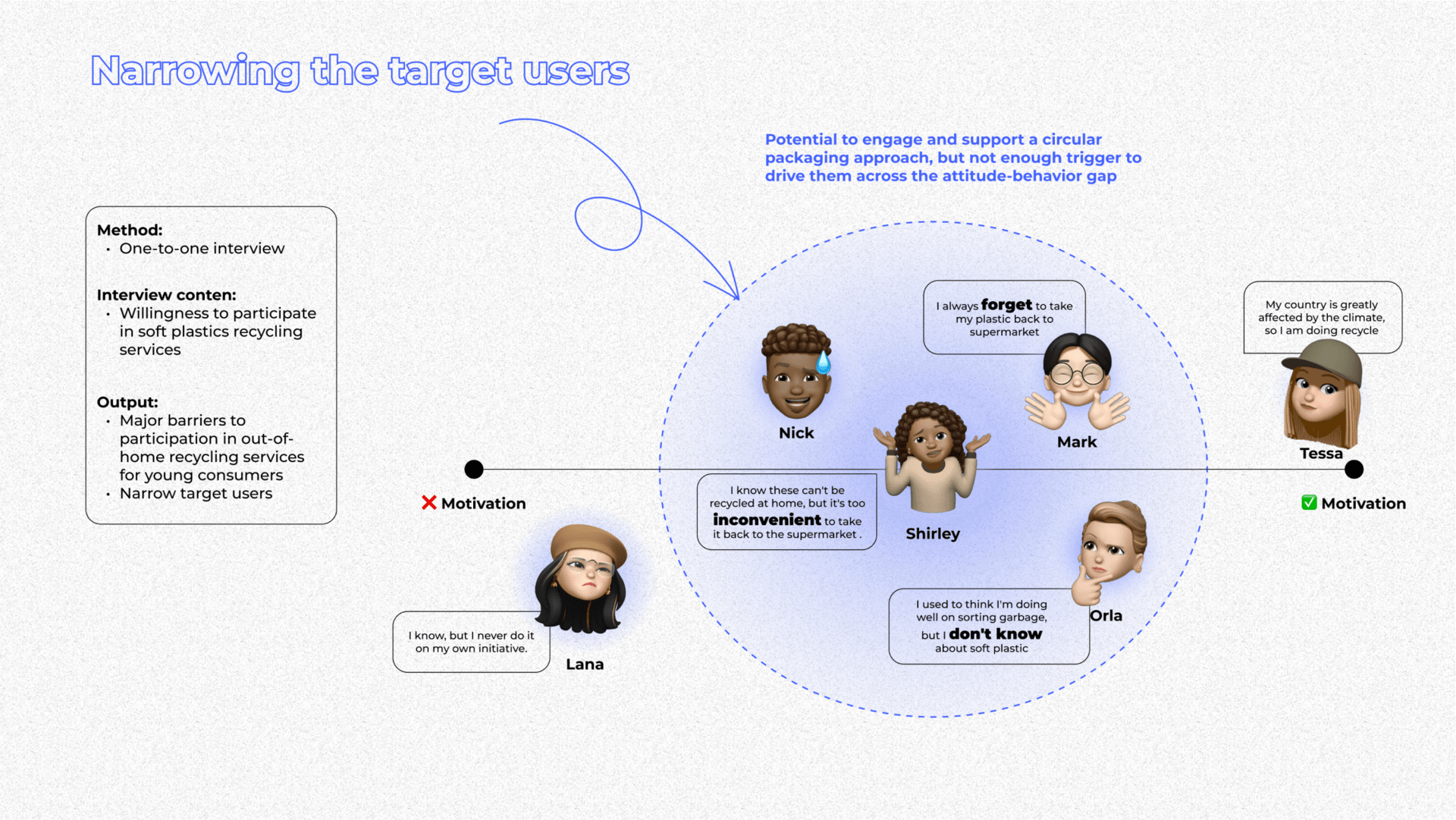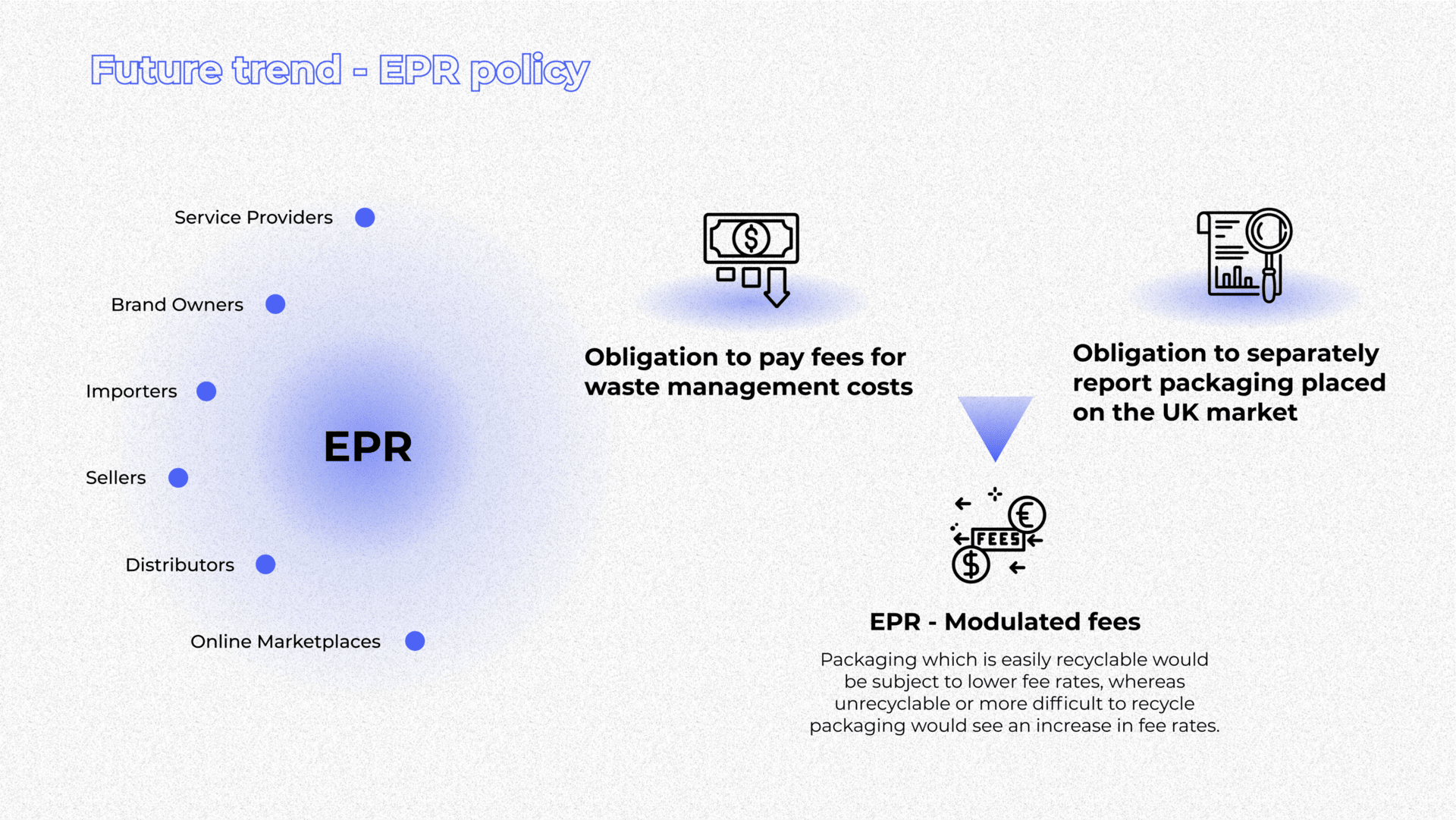Before joining RCA, Chenxian Meng finish BA programme with product design in Shanghai. In her previous education and project experience, she paid attention to the ability of empathy to explore users’ real needs and also have a more holistic think, so her attention has expanded from the physical products to the system and service of them, from frontstage to backstage.
As a service designer, Chenxian Meng is passionate about social impact, human behaviour, sustainability, exploring and innovating future life possibility with a forward-looking vision.












